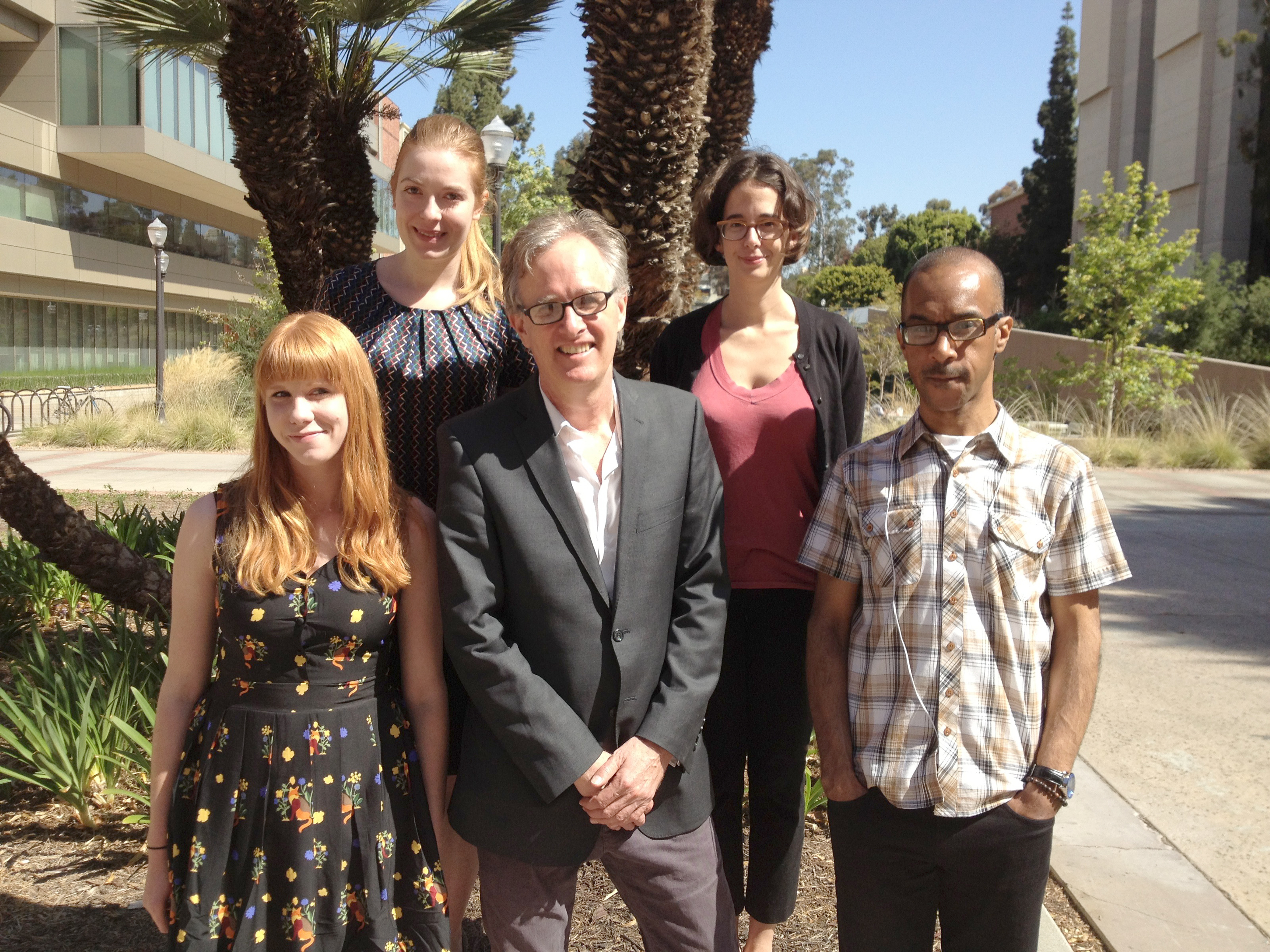Boom journal comes to UCLA

By Annie Lu
Oct. 10, 2013 1:29 a.m.
The familiar smell of Southern California – desert and flowers mixed with petroleum and smog – was the first thing that hit Jon Christensen when he landed in Burbank, Calif. He was immediately reminded of his childhood memories visiting Pasadena, where his mother grew up and his grandfather ran a bookstore.
California has been in Christensen’s blood for decades.
And his love of the Golden State is one reason why the UCLA adjunct assistant professor of historyloves being the editor of Boom: A Journal of California, a quarterly journal about California published by University of California Press.
Boom, which was founded at UC Davis two years ago, recently moved to UCLA when Christensen, a Pritzker fellow in the UCLA Institute of the Environment and Sustainability, became its editor.
Boom’s mission is to spark conversation between people from all fields and to educate the public, he said. Christensen said that he saw a need and opportunity for scholars and researchers in universities to contribute to the public about the important challenges of our time and discuss issues that people in California care about.
“We’re not just a magazine about California, we’re really a magazine from California,” Christensen said.
The first issue of Boom at UCLA came out this fall and focuses on the Los Angeles Aqueduct’s 100th anniversary, in an effort to highlight local issues. Every page is filled with words, photographs and art about the water of Los Angeles and a reflection on the issues of environmental sustainability.
The issue also features an essay about the myth of Los Angeles as a desert metropolis by Glen MacDonald, the director of the UCLA Institute of the Environment and Sustainability.
“Boom allows folks like me to write in a more lively, accessible manner and stimulates new ways of thinking and communication,” MacDonald said. “UCLA becomes the center of dialogue and the journal helps strengthen the conversation between Northern and Southern California.”
Christensen said he aims to ensure the magazine’s contributors write in ways that everyone can understand, since Boom is supposed to be accessible to everyone.
He said that he hopes the dialogue sparked by Boom will be similar to the conversations found at an engaging dinner party.
“Boom seeks to host one of the most interesting and lively dinner parties in California,” Christensen said. “A dinner party with all your friends from different walks of life having a very passionate and interesting conversation that you all care about in a language that everyone can understand.”
Christensen moved from Stanford University to UCLA about a year ago. He said that he began to learn more about the Los Angeles Aqueduct when he began working on the fall issue of Boom, which helped him understand the creative thinking that L.A. residents use to sustain water and the environment.
“We want to show this thoughtful side of Los Angeles to the rest of California and bring different parts of California in conversation with each other,” Christensen said.
Christensen works with three assistant editors who are graduate students in UCLA’s English and history departments. The team works together to conceive a theme of the issue and solicit articles and art works from writers, scholars, photographers and artists.
“I got involved with Boom because I was fascinated by the innovative idea of humanity journalism, which combines the rigor of academic writing with the accessibility of journalistic writing,” said Sara Torres, an assistant editor of Boom and an English graduate student.
Annie Powers, an assistant editor of Boom and a history graduate student, said that UCLA and Boom have a productive and reciprocal relationship.
Powers thinks that UCLA allows Boom to reach a broader and more engaged community, and Boom in turn relays the knowledge of the university to the public.
“Boom is a great way for UCLA to engage Los Angeles as a whole and California as a state,” Powers said. “It’s also a unique way to get in touch with contemporary California.”


